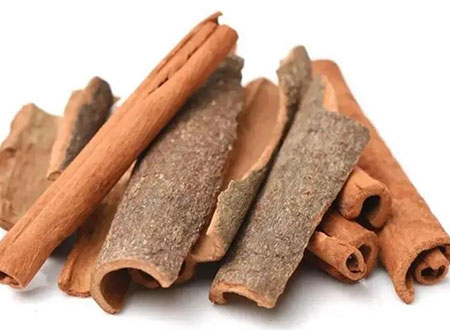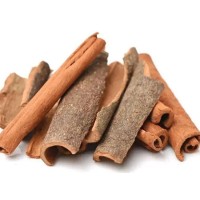The use of plant extracts in the field of food preservatives
At present, food preservatives are mostly synthetic chemical agents, such as benzoic acid, sodium benzoate, sorbic acid, potassium sorbate, calcium propionate, etc. Although they will not cause harm to the human body as long as the dosage is appropriate, they have no health benefits themselves.
At present, food preservatives are mostly synthetic chemical agents, such as benzoic acid, sodium benzoate, sorbic acid, potassium sorbate, calcium propionate, etc. Although they will not cause harm to the human body as long as the dosage is appropriate, they have no health benefits themselves.
Under the guidance of the concept of a healthy diet, natural preservatives have begun to gradually replace artificial preservatives, such as nisin and monascin from microbial sources; lysozyme, chitosan, protamine, and propolis from animal sources; plant sources of tea polyphenols and garlic extract. Many plant ingredients have bactericidal and insecticidal properties and have certain health care functions for the human body, so plant extracts will play an increasingly important role in the field of food preservatives.

The following plant extracts are all-natural preservatives that are currently used more in the food field.
Green tea extract: natural preservative for pastries
Tea polyphenol is an active ingredient extracted from green tea leaves. In addition to its antioxidant and free radical scavenging effects, it is also a sterilizing and detoxifying preservative.
Cinnamon extract: fruit natural preservative
Cinnamaldehyde can be used in the preservation and preservation of grains, vegetables, and fruits.
Pomegranate peel extract: a natural preservative for meat
The pomegranate peel contains a variety of alkaloids, and the antibacterial test has confirmed that the alcohol extract of pomegranate and the peel decoction has broad-spectrum antibacterial effects, and have obvious inhibitory effects on a variety of bacteria and fungi.














